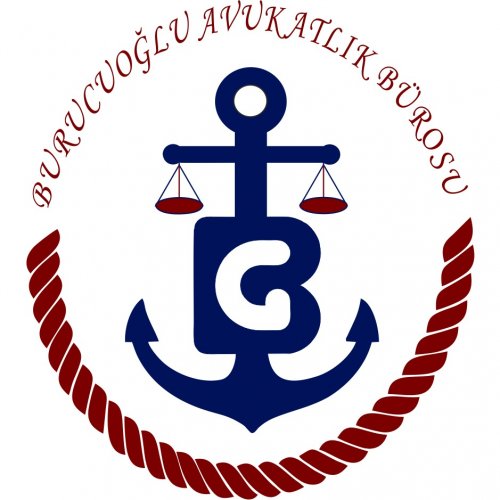Best Admiralty & Maritime Lawyers in Izmir
Share your needs with us, get contacted by law firms.
Free. Takes 2 min.
List of the best lawyers in Izmir, Turkey
About Admiralty & Maritime Law in Izmir, Turkey
Admiralty and Maritime law in Izmir, matches international guidelines and Turkish regulations extensively. These laws regulate maritime commerce, shipping, sailors, and the transportation of passengers and goods by sea. Located in the coastal region, Izmir is surrounded by the Aegean Sea and has a vital port, acting as a significant hub for maritime activities, making it critical to be knowledgeable of these regulations within the region.
Why You May Need a Lawyer
Various situations might necessitate the services of an admiralty or maritime lawyer in Izmir. Disputes arising from shipping contracts, port regulations, marine insurance, personal injuries at sea as well as violations of environmental laws enforced at sea are instances where legal help could be vital. Legal help can also be crucial in situations involving piracy, maritime liens, and cargo damage claims.
Local Laws Overview
Turkish Maritime Code No: 6102, Turkish Commercial Code Art: 931-1255, and regulations adopted by the International Maritime Organization (IMO) are primarily what governs Izmir's maritime activities. These laws majorly focus on shipping contracts, marine insurance, marine casualties, maritime claims and proxies, collisions, salvage, and pollution by ships. Maritime Law entails very specific procedures both in terms of its principles and the judicial authorities to be applied to, hence it is advisable to seek professional advice.
Frequently Asked Questions
1. Is Izmir under the scope of international maritime law?
Yes, Izmir, being a significant hub for maritime activities in Turkey, operates under both the Turkish Maritime Code and regulations set forth by the International Maritime Organization.
2. What rights do seafarers have in Izmir?
Seafarers have rights to a safe and secure workplace that complies with safety standards, fair terms of employment, decent working and living conditions on board ship, health protection, medical care, welfare measures, and other forms of social protection.
3. Can foreign vessels be arrested in Izmir?
Yes, foreign vessels can be arrested for maritime claims under Turkish Law. However, it is recommended to seek legal counsel for each specific situation.
4. What are maritime liens?
Maritime liens are legal claims against a vessel for unpaid debt related to maritime transactions such as crew wages, salvage claims, and casualty damage.
5. What are the key steps in a maritime dispute resolution?
Maritime dispute resolution often involves negotiation, mediation, or arbitration. However, if these approaches don't yield an resolution, legal action may be necessary. It is advisable to consult legal professionals for guidance.
Additional Resources
The Undersecretariat for Maritime Affairs, Turkish Chamber of Shipping, and the Maritime Law Association of Turkey are significant resources for maritime law in Izmir. They monitor regulatory changes and offer a range of services to assist with navigation through complex maritime law. Furthermore, the IMO website provides up-to-date maritime law amendments that affect Izmir.
Next Steps
If you believe you need legal assistance, identify a trusted legal professional or firm specializing in admiralty and maritime law in Izmir. It is essential to check the attorney's qualifications, experience, and reputation in dealing with maritime law cases, and meet for a consultation to discuss your situation in detail. Remember, a dedicated attorney will be crucial in navigating through Izmir's extensive maritime laws.
Lawzana helps you find the best lawyers and law firms in Izmir through a curated and pre-screened list of qualified legal professionals. Our platform offers rankings and detailed profiles of attorneys and law firms, allowing you to compare based on practice areas, including Admiralty & Maritime, experience, and client feedback.
Each profile includes a description of the firm's areas of practice, client reviews, team members and partners, year of establishment, spoken languages, office locations, contact information, social media presence, and any published articles or resources. Most firms on our platform speak English and are experienced in both local and international legal matters.
Get a quote from top-rated law firms in Izmir, Turkey — quickly, securely, and without unnecessary hassle.
Disclaimer:
The information provided on this page is for general informational purposes only and does not constitute legal advice. While we strive to ensure the accuracy and relevance of the content, legal information may change over time, and interpretations of the law can vary. You should always consult with a qualified legal professional for advice specific to your situation.
We disclaim all liability for actions taken or not taken based on the content of this page. If you believe any information is incorrect or outdated, please contact us, and we will review and update it where appropriate.









